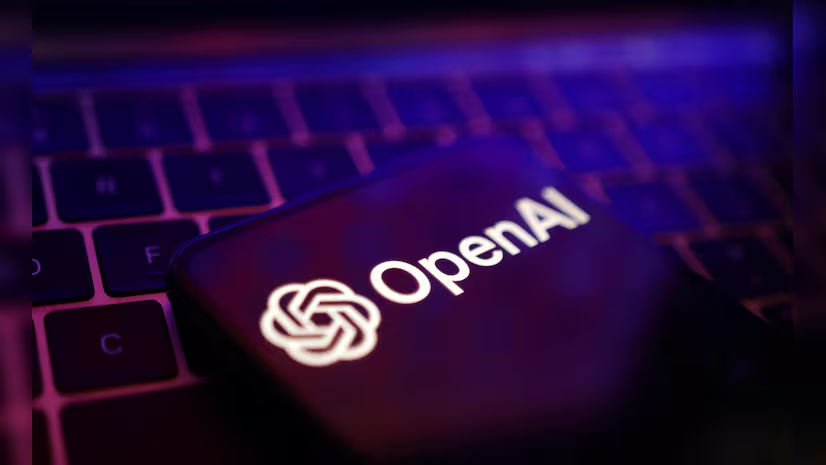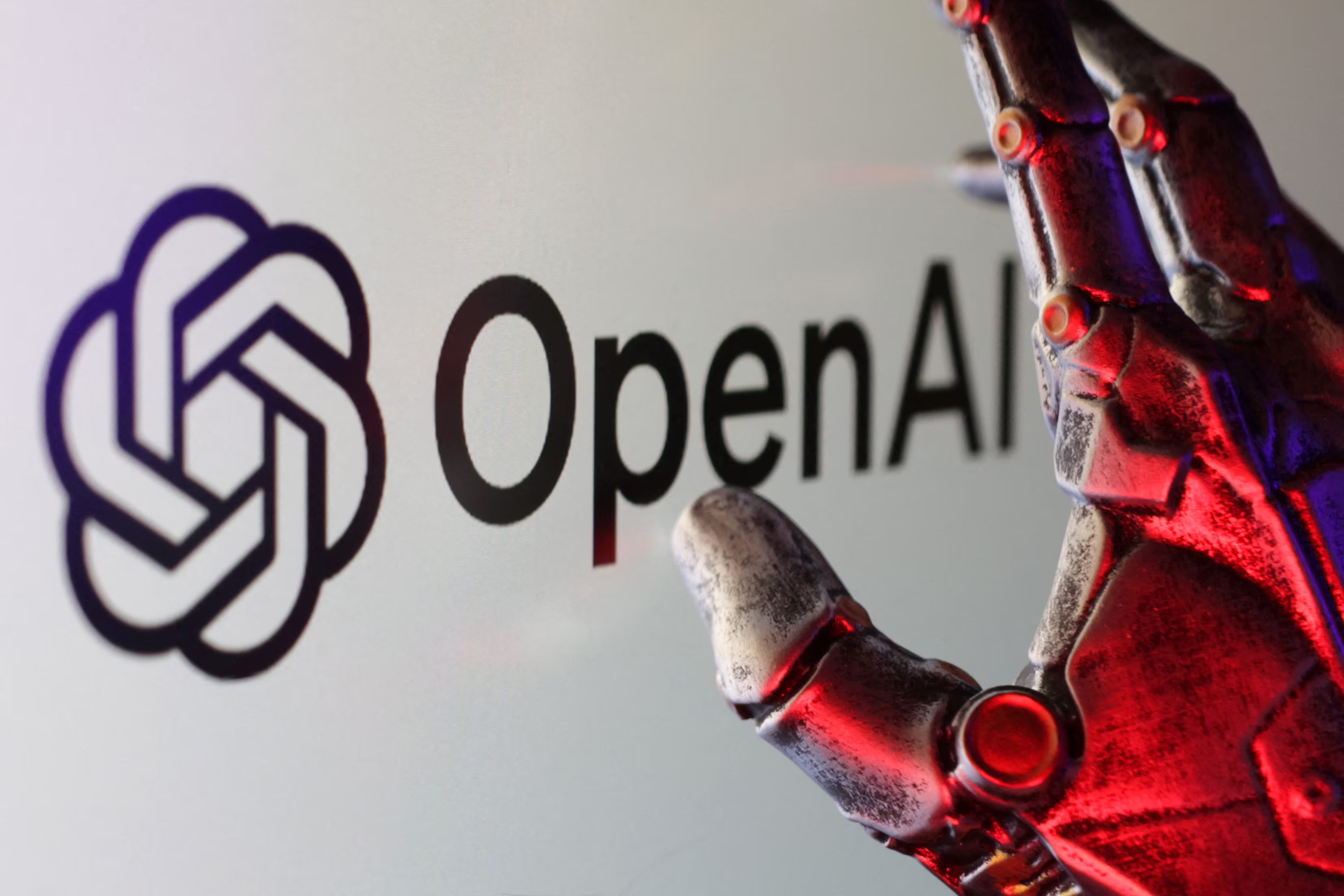
Open AI
OpenAI has introduced a new line of models called GPT-4.1, which includes mini and nano variants. These models are specifically designed to excel at programming and following instructions accurately. While not yet available in ChatGPT, they can be accessed through OpenAI’s API and support a massive 1 million token context window—enough to handle around 750,000 words at once.
The launch comes amid fierce competition with other companies like Google and Anthropic, which have also released advanced coding-focused AI models such as Gemini 2.5 Pro and Claude 3.7 Sonnet. OpenAI itself is pursuing an ambitious vision: to create an “AI software engineer” capable of building apps independently, from coding and testing to writing documentation.
OpenAI says GPT-4.1 incorporates improvements based on user feedback—especially in frontend coding, maintaining clean response structure, and consistent tool usage. The model reportedly outperforms GPT-4o in coding benchmarks like SWE-bench.
In terms of pricing, GPT-4.1 costs $2 per million input tokens and $8 per million output tokens. The mini and nano versions are more affordable, priced at $0.40 and $0.10 per million input tokens, respectively.
According to internal tests, GPT-4.1 scored between 52% and 54.6% on SWE-bench Verified—slightly below Gemini 2.5 Pro (63.8%) and Claude 3.7 Sonnet (62.3%). However, in another evaluation testing video comprehension, GPT-4.1 topped the charts with 72% accuracy in the long video without subtitles category.
Despite its strengths, the model has limitations. Its accuracy decreases with extremely large inputs, and it tends to be overly literal, requiring more specific prompts. Like other AI models, GPT-4.1 can still make mistakes, including introducing or failing to fix bugs in code.



